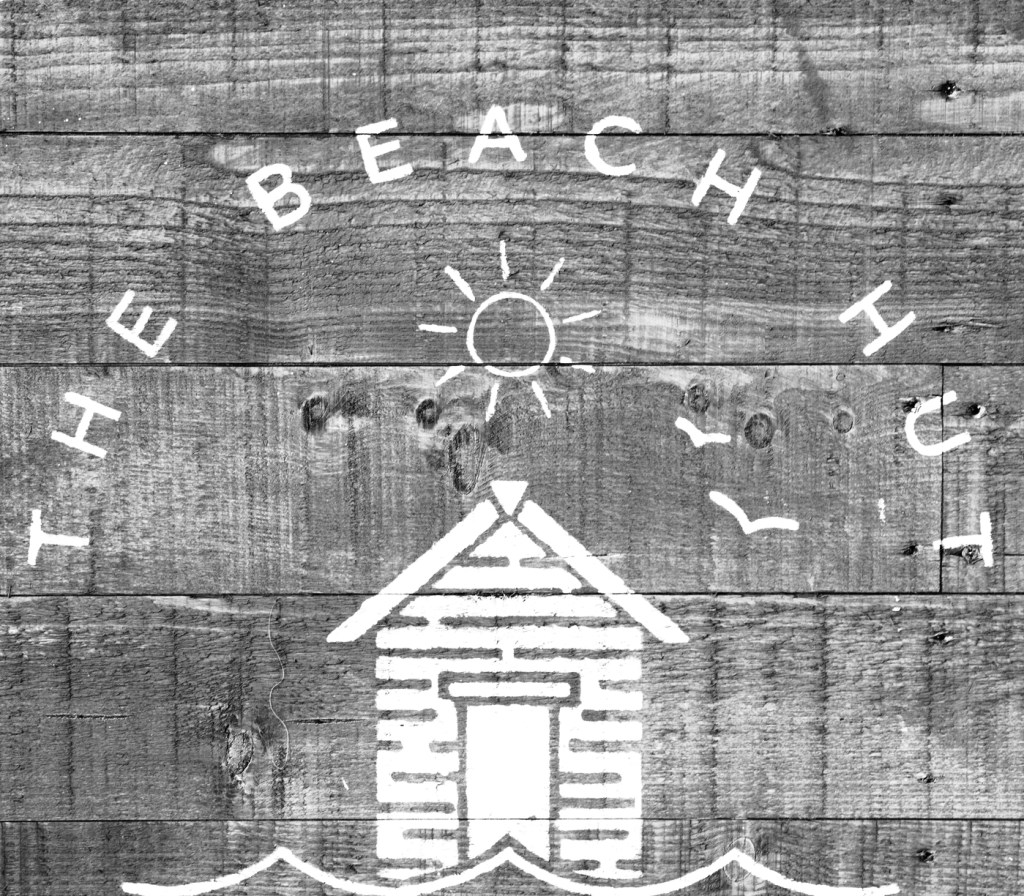A fair few videos are popping up at the moment responding to a description of the Bamber Bridge incident. This post is mostly adding a few points from the British perspective.
US military authorities insisted that local British authorities impose a colour bar
The British pubs co-operated and stuck up signs saying “Black troops only” – which is obviously not what the US authorities wanted.
Well of course they did – under what kind of authority do the ‘US military authorities’ have to impose a colour bar? They are after all nothing more than guests in the country, so of course British pub owners would interpret it “perversely”.
It is nice to think that this is an indication that the British of the time weren’t racist. Wrong of course – Bamber Bridge is just a couple of hours away from Hartlepool where according to legend a ship-wrecked monkey was hanged for being a French spy. The British regarded themselves as better than anyone else (so just like everybody else then), but the presence of non-whites was very low especially in a small town without a port.
And besides, the British were told to be nice to visiting US troops and nobody mentioned that it wasn’t supposed to apply to non-white US troops. And of course there is sympathy for the underdog.
What Happened Afterwards?
At least the videos I’ve seen neglect to mention what happened after the incident. Except to say that many of the black troops were court-martialed.
But what also happened was that the general in charge (Ira Eaker) placed most of the blame on the white officers and MPs, merged the unit with other trucking units, and purged the new unit of racist and inexperienced officers. Which is supposed to have improved things considerably for black troops.
British Racism?
It is easy to assume that the British attitude during the incident means that the British aren’t racist. The fact is that black people were relatively rare in Britain during WWII and were most likely concentrated in the great port cities rather than a small village in rural Lancashire.
Immigration of black British from the colonies was strongly encouraged after the war, and with their arrival racism reared its ugly head. I would argue that the racism in Britain against black people was never quite as bad as in the USA, but I’m white, so what the hell do I know?








